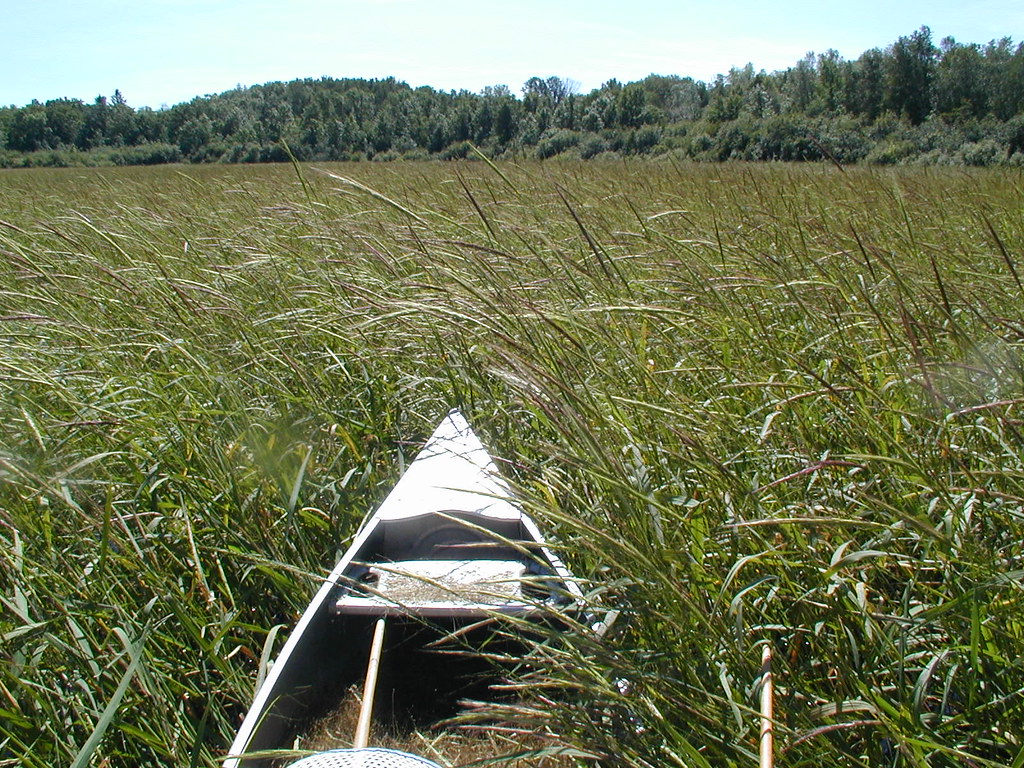By Niina H. Farah in E&E News on November 18, 2021
A novel claim defending the rights of wild rice against a Minnesota pipeline may pave a new path for tribal lawsuits over U.S. fossil fuel projects.
In a first-of-its-kind lawsuit from a tribal nation in the United States, the White Earth Band of Ojibwe is pursuing a “rights of nature” claim in tribal court to oppose a state approval of Enbridge Inc.’s Line 3 pipeline replacement.
Minnesota has now appealed the lawsuit in federal court, giving White Earth the chance to convince a federal judge that tribal law can be exercised to block projects — even those that are not located on a reservation.
“This law may be the tool of the future for Indian tribes,” said Frank Bibeau, a tribal attorney for Honor the Earth, who is representing White Earth in the lawsuit against Minnesota. He is also a member of the Minnesota Chippewa Tribe, which incorporates six bands, including White Earth.
“We have an independent set of rights and ability to make laws,” he said. “And we have a territory that we have a right to defend.”
White Earth sued the Minnesota Department of Natural Resources in tribal court earlier this year after the state agency approved Enbridge’s use of up to 5 billion gallons of water to replace a 340-mile section of the Line 3 oil pipeline. The project is now completed.
The challenge asserts that the state’s permit contributed to reduced water levels, in violation of the rights of wild rice — or manoomin — that White Earth codified in 2018.
The rights of manoomin hold that the grain has the right to exist and flourish within its habitat, and the crop has a right to be restored after destruction. White Earth says that because of Enbridge’s “construction dewatering,” the rice has been growing out of mud, making it inaccessible to be gathered from a canoe during the harvest season in August and September (Energywire, Aug. 6)…
Read the full article HERE.
Photo credit: “Canoe and Minnesota wild rice” by esagor is licensed under CC BY-NC 2.0

